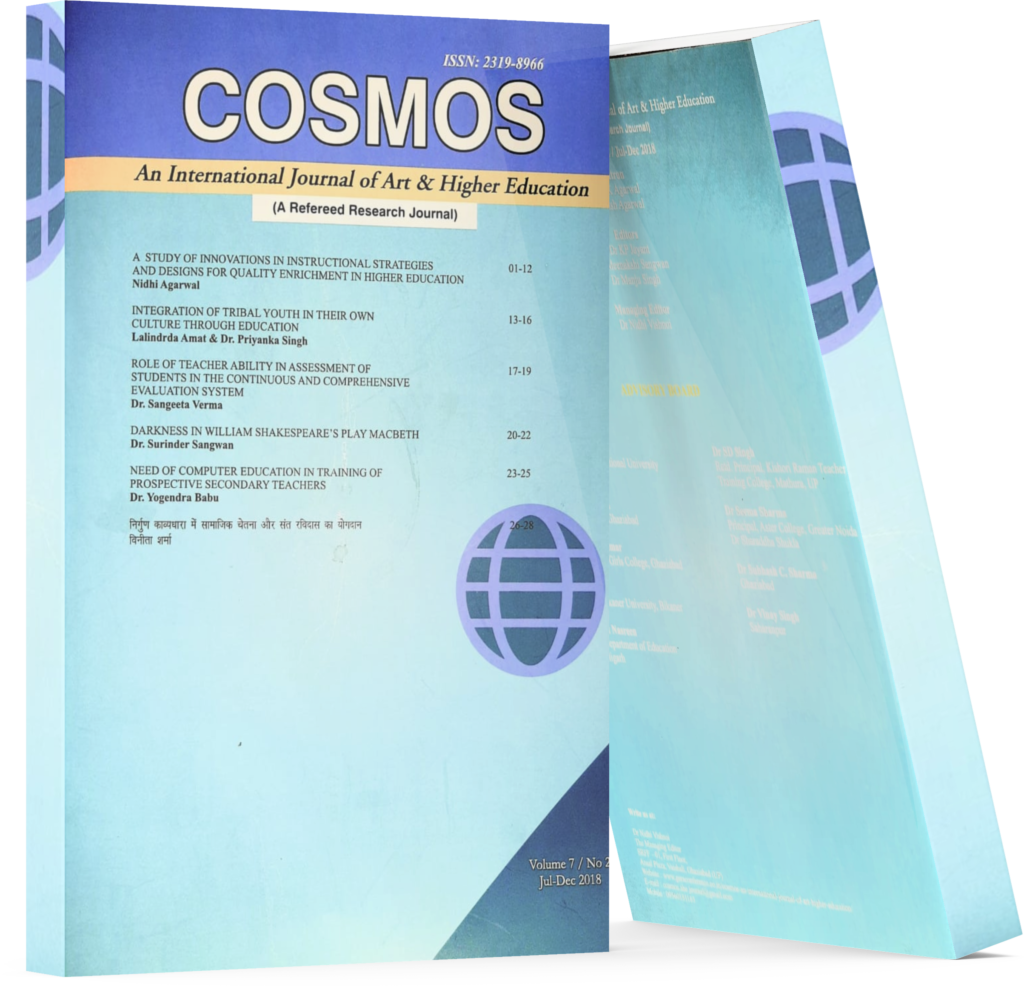The Effect Of Language Learning Program On Students’ English Speaking Ability
Keywords:
Learning, Short-term Study, English, Program EffectivenessAbstract
The major problem of this study was to determine whether the language learning program exerts significant effect on students’ English speaking ability or not. The study made use of descriptive-correlation method of research which used the English speaking assessment checklist as the primary data gathering tool. The respondents of the study were the students enrolled in any of the three branches of a Bulacan-based language learning center. The results of the study were tabulated and processed using Statistical Packages for Social Sciences (SPPS). The results of the study revealed that the language learning program led to a significant improvement in the English speaking ability of Beginner and Advanced Level students, albeit not for the Intermediate Level students. Nevertheless, the null hypothesis which postulated that the language learning program does not exert significant effect on students’ English speaking ability was rejected. Implications were drawn from the findings of the study.
Downloads
References
Achmad, D. & Yusuf, Y., (2014). “Observing pair-work task in an English speaking class”. International Journal of Instruction, 151-164.
Alecio, R., Tong, F., Irby, B., Guerrero, C., Huerta, M. & Fan, Y., (2012). “The effect of an instructional intervention on middle school English learners' Science and English reading achievement”. Journal of Research in Science Teaching, 987-1011.
Bambara, L., Thomas, A., Chovanes, J. & Cole, C., (2018). “Peer-mediated intervention: Enhancing the social conversational skills of adolescents with autism spectrum disorder”.
Teaching Exceptional Children, 7-17.
Camacho, P., (2014). “Savvy Speakers English Speaking Assessment Checklist”. ESL Philippines.
Dippold, D., (2014). “That's wrong': Repair and rapport in culturally diverse higher education classrooms”. Modern Language Journal, 402- 416.
Edwards, M. & Csizer, K., (2004). “Developing pragmatic competence in the EFL classroom”. English Teaching Forum, 16-21.
Gasteiger-Klicpera, B., Knapp, B., Kucharz, W. & Schabmann, A., (2009). “Effects of Language Learning Interventions in Pre-School Children: a Longitudinal Study”, Retrieved from Research Gate: https://www.researchgate. net/publication/271645083_Effects_of_Langua ge_Learning_Interventions_in_Pre
School_Children_a_Longitudinal_Study. 8. Herbst, Z., (2014). “Communication strategy use in English conversational course”. Economica, 61-67.
Madkur, A., (2014). “Pragmatics in EFL instruction: Speech acts in English speaking class”. Siliwangi International English Conference.
Milleret, M., (2007). “Teaching speech acts”, National Council of Less Commonly Taught Languages, 29-52.
Petraki, E. & Bayes, S., (2013). “Teaching oral requests: An evaluation of five English as a
second language coursebooks”, Pragmatics, 499-517.
Pirchio, S., Carrus, G., Passiatore, Y. & Taeschner, T., (2017). “Children’s interethnic relationships in multiethnic primary school: results of an inclusive language learning intervention on children with native and
immigrant background in Italy”. European Journal of Psychology of Education, 34(8). 13. Waring, H., (2013). “'How was your weekend?': Developing the interactional competence in managing routine inquiries”. Language Awareness, 1-16.

